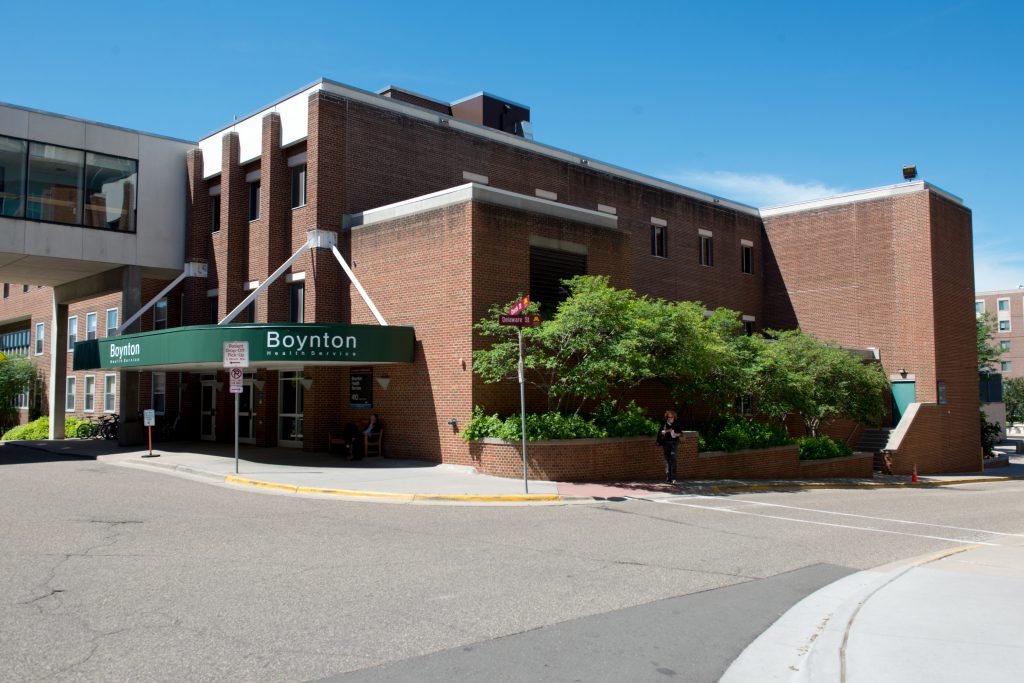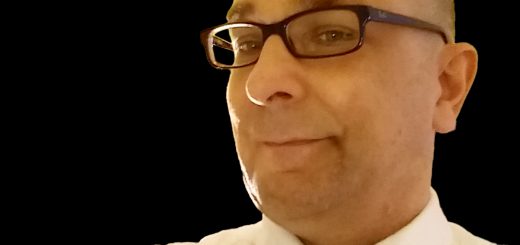Mental health eligibility terms may cause confusion
Despite language suggesting otherwise, going part-time to ease stress doesn’t mean losing access to care.

By Caitlin Anderson
Students who face mental health struggles sometimes decide that a lighter course load will help them through the stress of managing their situation.
But as University of Minnesota administrators consider ways to improve resources on campus for mental health, some part-time students could get lost in the confusion of eligibility unless they spend time understanding the services available.
The good news is that even part-time students can qualify for mental health services, despite confusing language about eligibility. Wren Miller, a part-time student who sought a lower credit load because of her diagnosed depression, said she has continued to be seen at Boynton Health both before and after switching to part-time status.
Her problem, she said, was “a full course load and then my just worsening mental health.” The result? “It just all culminated into a very bad mental health disaster,” she said. “I figured I shouldn’t try and put a full course load onto myself as I’m not sure I could do it.”
Miller said continuing her care through that change wasn’t a problem, but could see how it might be confusing. Boynton’s policy says students who want to use its services must be enrolled full-time, and the traditional University cutoff for that is 12 credits.
In practice, the reality is different, administrators say; students just need to know what’s involved with maintaining that access.
Student Counseling Services has the broadest access, offering therapy by appointment for students without the need for insurance. They also have informal resources like the “Let’s Talk” program, which provides on-demand therapy in-person without an appointment. Students can also take advantage of free online tools through the University, such as LearnToLive and Effective U, if they need tools to learn how to cope with their mental health
struggles, particularly while in college.
For part-time students, seeking care at Boynton Mental Health Clinic comes with a few more barriers to access but provides a higher level of care, such as medication, if needed.
At the clinic, policy states that eligibility is limited to students enrolled full-time, who are degree-seeking and who pay a student services fee, or are graduate assistants who are enrolled in its health plan.
But even part-time students only need to pay the fee – $445.44 last year for undergraduate students – and show some form of insurance to be seen, said Dave Golden, director of public health and communications for Boynton Health. To pay this fee, students can fill out a form with the University’s OneStop office.
If students take at least six credits – the credit cutoff for fee-funded services like Boynton – they are still able to get access without needing to do additional paperwork. If they drop below that credit load mid-semester? Typically, they are still covered and eligible to be seen at the clinic, too.
While this may be a relief to students who need to reduce their credit load, confusion over eligibility of different services may exacerbate problems for those already vulnerable, students said.
“When you factor in part-time students or marginalized students who need more mental health resources but don’t have the capacity … giving them more access is better and giving them better opportunities to find those resources is better,” said Risa Roth, president of Active Minds, a campus group that supports students with their mental health.
University officials are hoping to more effectively aid students in their mental health – a promising venture for those who struggle. President Joan Gabel has requested a “scan” of resources to see how well the University is doing with this goal.
Results will continue to be reviewed and discussed among University officials throughout the next few months.



